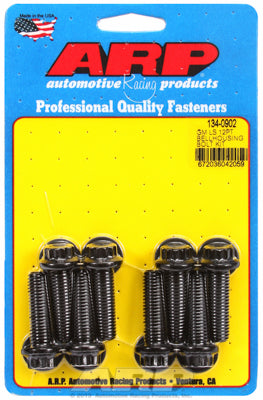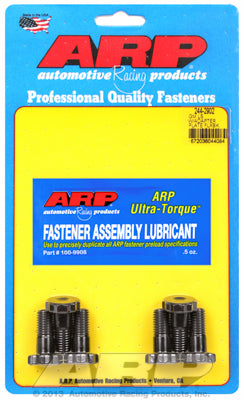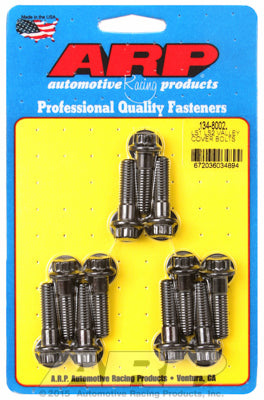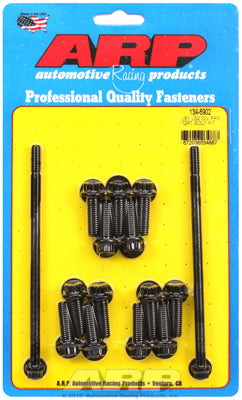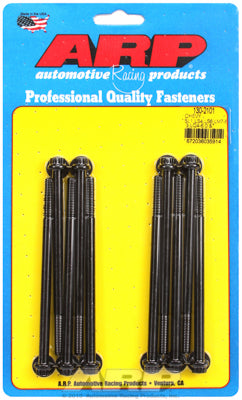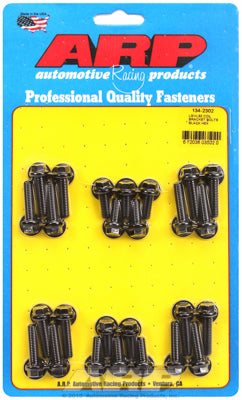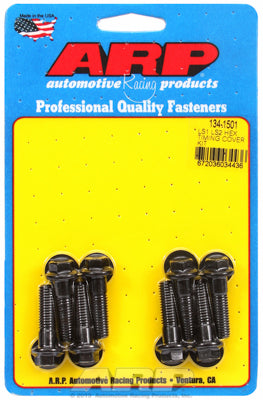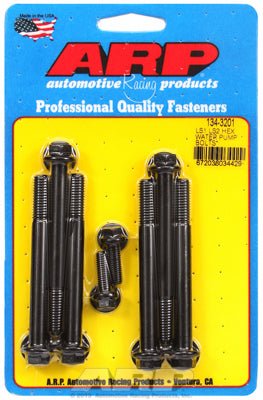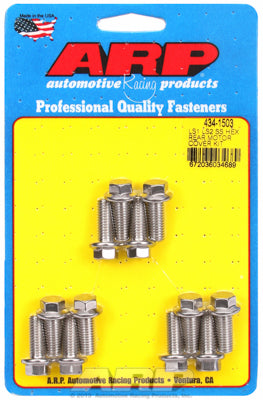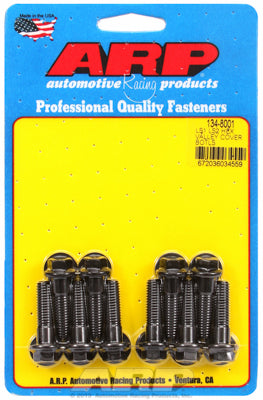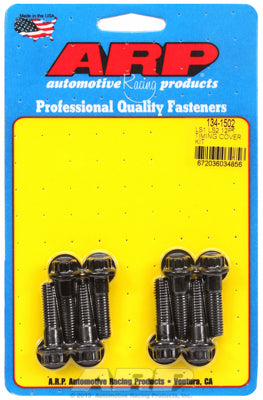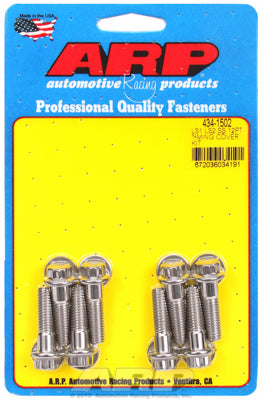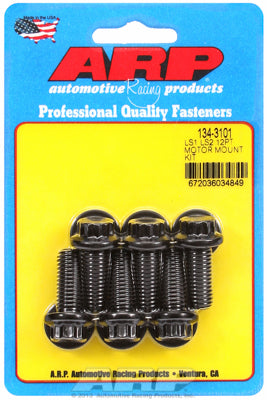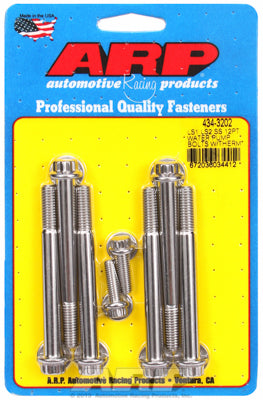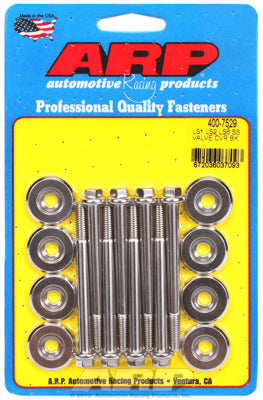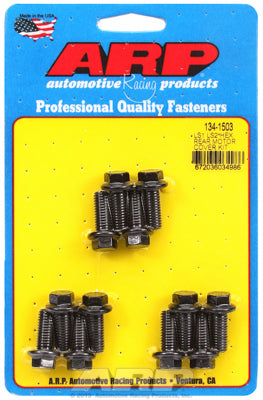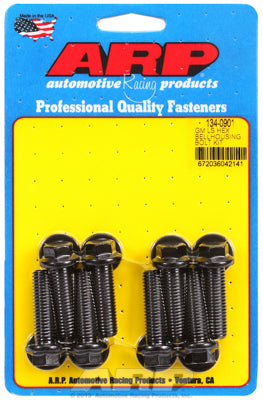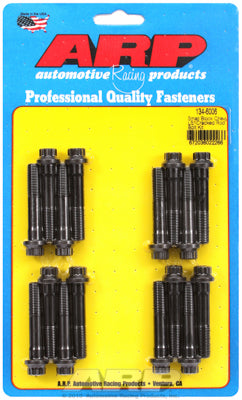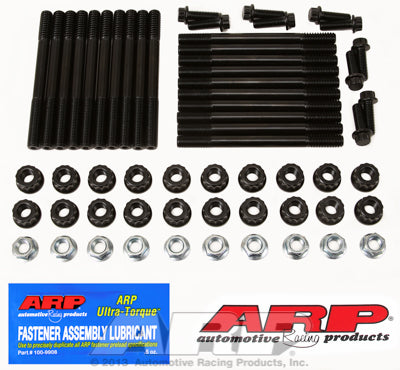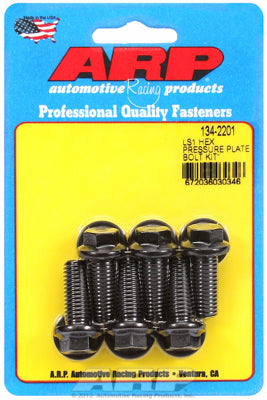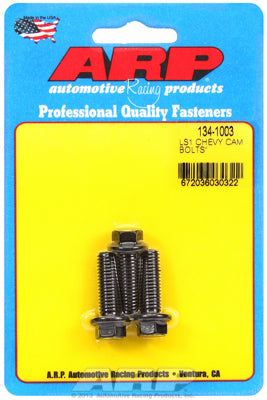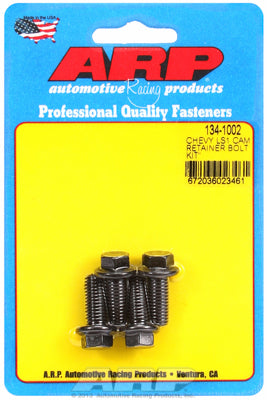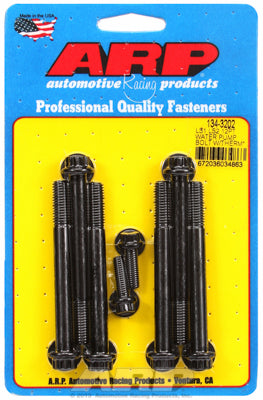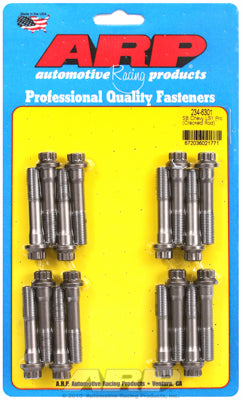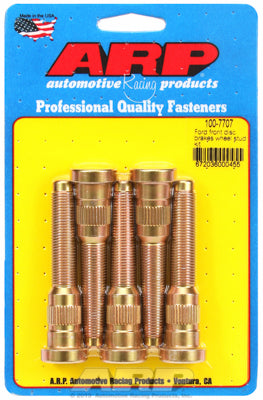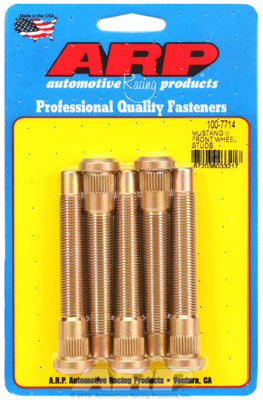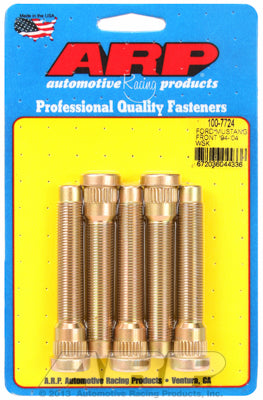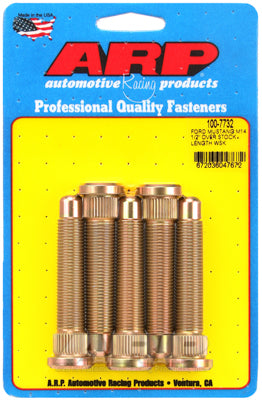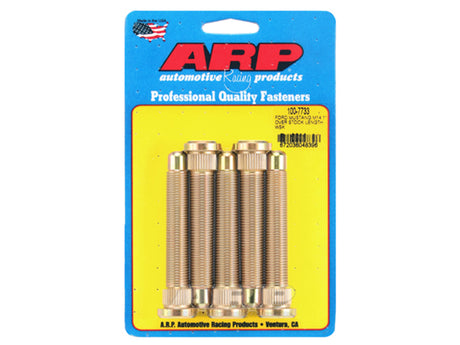Shop by Manufacturer
Buick
Buick
Cummins
Cummins
Hyundai
Hyundai
Jeep
Jeep
Lexus
Lexus
Mazda
Mazda
Mini
Mini
Modular Ford
Modular Ford
Modular Ford Head Drivertrain Block
Oldsmobile
Oldsmobile
Others
Others
Polaris
Polaris
Pontiac
Pontiac
Porsche
Porsche
Renault
Renault
Saturn
Saturn
Seadoo
Seadoo
Small Block Ford
Small Block Ford
Toyota
Toyota
Triumph
Triumph
Volvo
Volvo
Metric
M9
M9
SAE Bolts Nuts Washers Studs
0.437 Washers
0.437 Washers
SAE 1/2
SAE 1/2
SAE 1/4
SAE 1/4
GM LS Products
View allFord Wheel Studs
View allAbout ARP
ARP manufacturer high-performance fasteners used in automotive, racing, and high-stress applications. These bolts are renowned for their superior strength, reliability, and durability, which makes them ideal for engines, transmissions, and other critical components in racing and high-performance vehicles.
FAQ
What are ARP bolts, and why are they better than standard fasteners?
What are ARP bolts, and why are they better than standard fasteners?
Superior Material Quality
ARP bolts are made from premium materials like 8740 chromoly steel, ARP 2000, L19, and Custom Age 625+, which offer higher tensile strength compared to typical factory bolts.
Increased Strength & Durability
Most ARP fasteners are rated at 180,000 to 260,000 psi tensile strength, whereas OEM bolts typically range from 120,000 to 150,000 psi. They are significantly stronger and more resistant to failure.
Better Heat Resistance & Fatigue Resistance
Standard bolts can weaken over time due to heat cycling and stress, whereas ARP fasteners are heat-treated and shot-peened to increase fatigue resistance, making them ideal for high-performance applications.
Precise Manufacturing & Tighter Tolerances
ARP bolts are machined to exact specifications and undergo rigorous quality control, ensuring perfect fitment and uniform clamping force, unlike mass-produced factory bolts.
Reusability
Many factory (Stock) fasteners, such as torque-to-yield (TTY) bolts, stretch upon installation and cannot be reused. ARP bolts can often be reused multiple times as long as they remain within specification.
Prevents Engine & Component Failure
Because of its superior quality, ARP fasteners are often used in critical areas like cylinder heads, connecting rods, and main caps prevents bolt stretching or loosening, which can lead to catastrophic engine failure.
What are they commonly used on?
What are they commonly used on?
Head studs & bolts (for better gasket sealing)
Main studs & bolts (to strengthen the engine block)
Rod bolts (to secure connecting rods)
Flywheel bolts (for high-RPM safety)
Wheel studs (for added durability in motorsports)
Quick Reference Guide to Materials Used in Fasteners
Compare the different materials used in ARP fasteners, including their yield strength, tensile strength, and recommended applications.
| Material | Use? | Yield Strength | Tensile Strength | Used For |
|---|---|---|---|---|
| Grade 5 | No | 90,000 psi | 120,000 psi | Accessory bolts & studs |
| Grade 8 | No | 120,000 psi | 150,000 psi | Accessory bolts & studs |
| Stainless 300 | Yes | 140,000 psi | 170-190,000 psi | Accessory bolts & studs |
| Custom 450® | Yes | 150,000 psi | 170-190,000 psi | Accessory bolts & studs, head bolts |
| 8740 Chrome Moly | Yes | 170,000 psi | 190,000 psi | Rod bolts, head & main studs & bolts |
| A286 | Yes | 170,000 psi | 200,000 psi | Head bolts, accessory bolts |
| L19® | Yes | 220,000 psi | 260,000 psi | Connecting rod bolts |
| Titanium | Yes | 160,000 psi | 180,000 psi | Head studs, accessory bolts |
| Custom Age 625+ | Yes | 235,-255,000 psi | 260,-280,000 psi | Head studs, connecting rod bolts |



